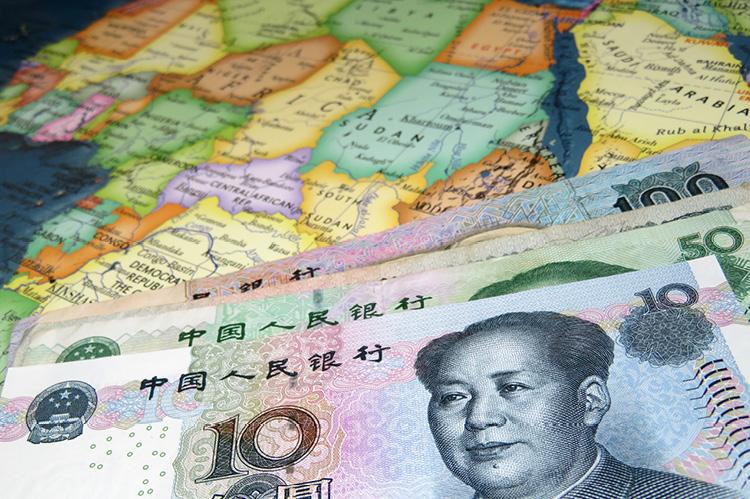Chinese Firm Backs the Uganda-Tanzania Oil Pipeline Despite Fierce Opposition from EU

Uganda and Tanzania have cut through the noise to sign an agreement, marking the beginning of the construction of a 1,445-kilometre crude oil pipeline stretching from Ugandan oilfields to its neighbor, Tanzanian, via the port of Tanga.
The renewed hope for the East African largest pipeline project comes amid a heated debate on implementing the African Crude Oil Pipeline (Eacop) project following a resolution by the EU (European Union) Parliament opposing the $4 billion-worth pipeline project.
According to the details of the project, 80% of the pipeline will be on Tanzanian soil, including a 62% joint venture with France's TotalEnergies. Earlier, the EU Parliament had advised the two countries to suspend the project for purportedly not adhering to the international standards regarding climate change, with prior concerns of human rights violation.
However, CNOOC International, one of the leading Chinese oil and gas firms that own an 8% stake in Uganda's oil production project, has declared that the project would be executed as per the initial plan despite the recent warning from the EU parliament.
In a recent interview with The Citizen in Beijing, the CNOOC International vice president, Dan Shao, stated that what was required was the free will of the respective countries to implement the project, adding that it had enormous developmental benefits for the citizens of the States.
"Already we've invested a lot of money, but it is normal for all big projects or those projects with massive investments to face challenges such as this one. We'll ensure that the investment is executed by all means possible," Dan Shao said in a statement, adding that the project would only stop if it offered no commercial value or the decisions made had violated the countries' laws but not due to lack of funding.
Shao also reiterated that there was lots of money in the credit market across the globe for borrowers, considering that the deal would deliver value to the two East African states. The CNOOC International boss said he wouldn't think their partners would pull out of the project because of the current tensions, stating that even if that happened, the project would continue since it has commercial viability.
On its website, Eacop stated that those affected by the project would be compensated, as the oil pipeline construction would start at the end of the year, and only 331 of the 9,513 victims in Tanzania would be relocated to other areas where their houses were being built. For Uganda, only 203 out of 3,648 households would be relocated.
According to Mr Patrick Mweheire, the chief executive officer of Standard Bank Group, the project addresses long-term challenges in the region and will benefit both countries – Uganda and Tanzania.
